Your Top 12 Tax Questions, Answered
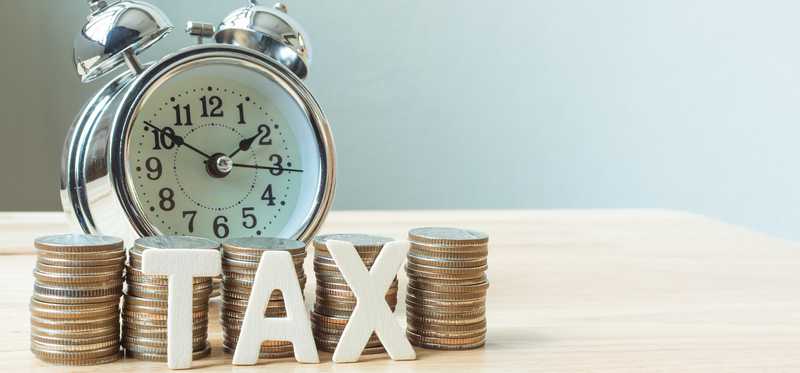
Source: Getty Images
1 of
Tax time is here again
It's tax season, and millions of Americans are scurrying to get their returns filed as soon as they can in order to get their refund from the IRS. Yet many taxpayers find it hard to get answers to even the most basic of tax questions. Here are answers to some of the most frequently asked questions about taxes that people have.
Previous
Next

Source: Getty Images
2 of
1. When will I get my refund?
There's no set tax refund schedule, but the IRS says that it gets 90% of refunds to taxpayers within 21 days of filing your return. Factors that play a role in how quickly you'll get your refund include whether you file electronically or use a paper return, as well as whether you have your refund deposited directly into a bank account or have the Treasury issue a paper check.
ALSO READ: How Americans Plan to Spend Their Tax Refunds in 2018
Previous
Next
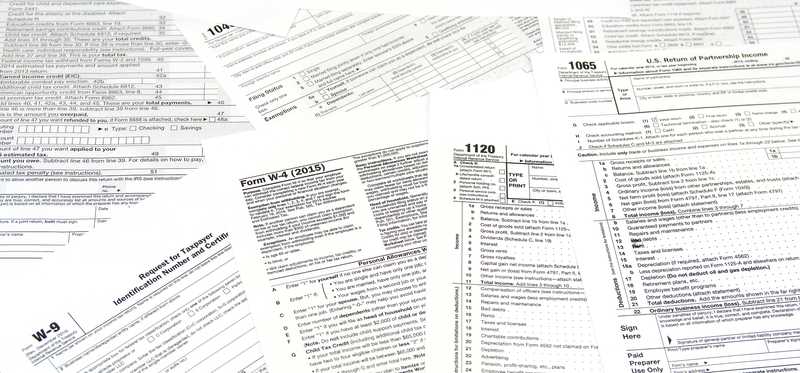
Source: Getty Images
3 of
2. Which tax form should I file?
There are three main tax forms: 1040, 1040A, and 1040EZ. Form 1040EZ is the simplest but comes with the most restrictions, allowing only certain types and amounts of income, deductions, and credits. Form 1040A offers a greater range of credits, but you have to have income less than $100,000 for either of the first two forms, and you have to take the standard deduction. If you have higher income, want to itemize deductions, or expect to claim special tax breaks not covered under the first two forms, then Form 1040 is your only choice.
Previous
Next

Source: Getty Images
4 of
3. When are tax returns due this year?
Most people think of April 15 as being tax day, but that's not the case this year. April 15 falls on a Sunday, and April 16 is the Emancipation Day holiday in Washington, D.C. That pushes the tax filing deadline all the way to Tuesday, April 17.
Previous
Next

Source: Getty Images
5 of
4. How much money can I make without having to file a tax return?
Those who earn less than key threshold amounts don't have to file a return. For 2017, those amounts are $10,400 for single filers, $20,800 for joint filers, $13,400 for heads of household, $16,750 for a qualifying widow or widower, and $4,050 for a married person filing separately. If you're 65 or older, you can add $1,550 to the amounts for singles or heads of households and $1,250 to the amounts for joint filers or qualifying widows or widowers. Keep in mind: sometimes it's smart to file even if you don't have to, because you can get money back by filing that wouldn't be available otherwise.
Previous
Next

Source: Getty Images
6 of
5. I just got married/divorced. What filing status should I use?
Your tax filing status is determined by what your marital status was as of Dec. 31 of the tax year in question. So if you got married on Dec. 30, then you'll need to file using one of the two married filing statuses. If you got divorced on Dec. 30, then you'll need to file as a single person. If the change happened right after the beginning of 2018, then you'll file under your old status in 2017 and then adopt the new status when you file next year.
ALSO READ: Should Any Married Couples File Separate Tax Returns?
Previous
Next

Source: Getty Images
7 of
6. Who can I claim as a dependent?
In general, your children can be dependents if they're under age 19 or students under age 24, live with you more than half the year, don't file a joint return, and provide no more than half of their own financial support during the year. Also, qualifying relatives who live with you all year, have gross income of less than $4,000, and for whom you provide more than half of the person's financial support are also usually eligible to claim as dependents.
Previous
Next
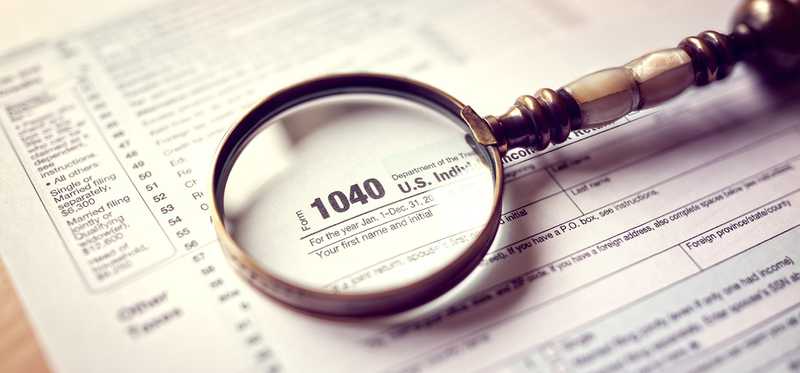
Source: Getty Images
8 of
7. What tax breaks can I claim?
There are too many tax credits, deductions, and other breaks to list here. But this article looks at some top tax breaks for typical American taxpayers, while the following links look at breaks for low- and middle-income taxpayers, homeowners, students and their families, and wealthy taxpayers.
Previous
Next

Source: Getty Images
9 of
8. How will tax reform affect me this year?
The recent tax reform laws made massive changes to the way Americans pay tax. But almost none of its provisions apply to the 2017 tax year for which you're filing your tax return right now. You have the rest of 2018 to get familiar with the lion's share of new tax provisions included within the package lawmakers passed back in December.
Previous
Next

Source: Getty Images
10 of
9. What advantages are there to filing electronically?
E-filing your return ensures that your tax information will go directly to the IRS rather than getting lost or stolen in the mail. E-filed returns get processed faster, and refunds are issued more quickly. Electronic filing is also more accurate, because the programs that help you prepare e-filed returns typically do basic math checks that avoid common errors that can delay tax return processing and refund delivery.
ALSO READ: Are There Benefits to Filing Taxes Electronically?
Previous
Next
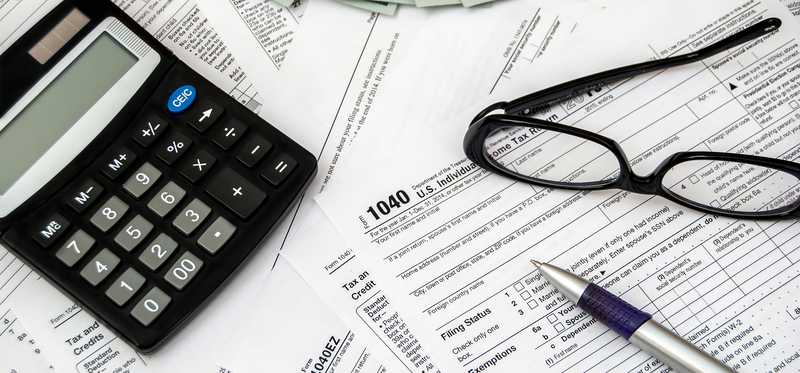
Source: Getty Images
11 of
10. How can I get an extension?
Anyone is able to get a six-month extension to file your taxes. You just need to file the appropriate form with the IRS. Here's a link to the IRS website that will let you file for that extension. Just keep in mind that you need to file for the extension before the due date, and your extension doesn't give you any more time to pay your taxes.
Previous
Next
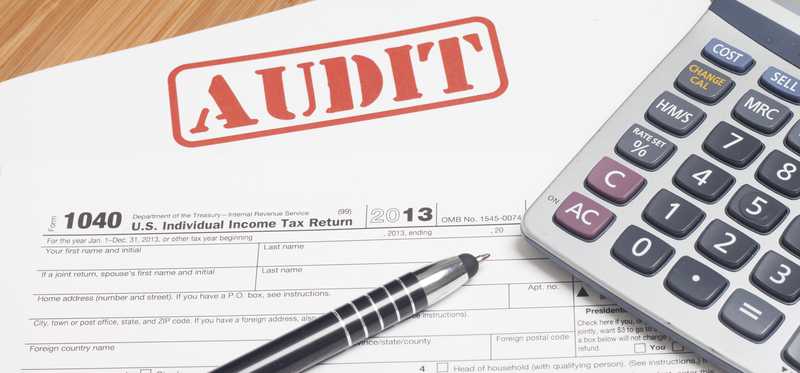
Source: Getty Images
12 of
11. How long should I keep my tax records?
You should always keep records for at least three years, because that's the amount of time that the IRS has to do a standard audit or request more information. But you'll need to hold onto some records a lot longer. As an example, if you buy a house, you'll need to keep documents verifying the purchase price for as long as you own it, so that you can support whatever capital gains you claim whenever you sell it in the future.
Previous
Next

Source: Getty Images
13 of
12. What should I do if I can't pay my taxes?
Even if you can't pay your taxes, be sure to file your return. Penalties for failing to file a tax return are a lot higher -- 5% per month -- than the penalty for not paying taxes due of 0.5% per month. If your tax bill is so large that you won't be able to pay it within a reasonable time, then there are programs you can use to try to get the IRS to give you some relief.
ALSO READ: What Happens If I Pay My Taxes Late?
Previous
Next
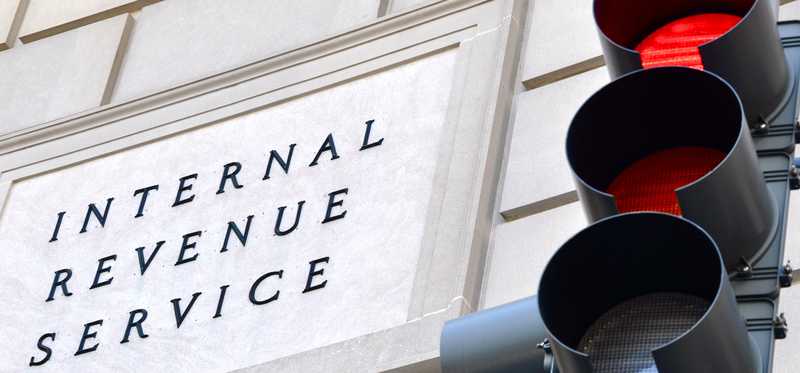
Source: Getty Images
14 of
Get those taxes done!
Preparing your tax returns isn't much fun. But the satisfaction of having your yearly tax chores done is worth the effort -- and getting some money back from the IRS is just icing on the cake.
The Motley Fool has a disclosure policy.
Previous
Next

 Yahoo Finance
Yahoo Finance 